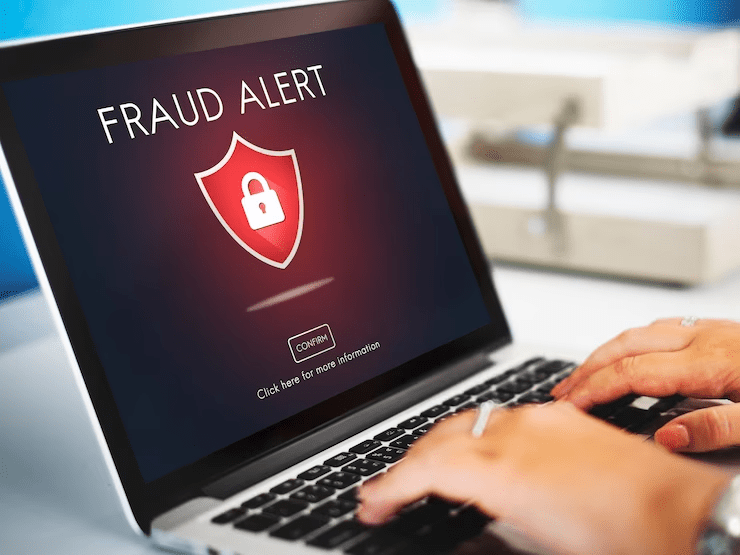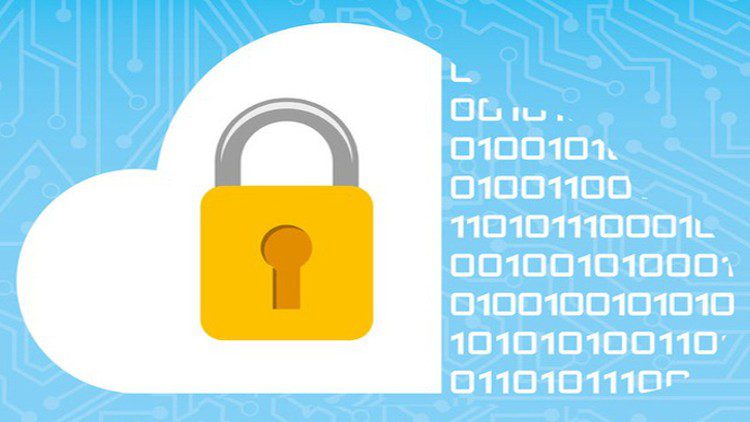Malware is a blanket term for any program that’s designed to harm your computer. It can steal information quickly and quietly, or it can be used to take control of your computer and force it to do things you don’t want it to do. I was recently talking with my friend about her laptop and how she had been having problems with malware. She said, “It’s so frustrating because I always have to buy new software.”
This got me thinking. I asked her what antivirus software she was using because I knew that just buying new software wouldn’t fix all that she was experiencing. She confessed that the company had set her up with free antivirus software because they had trouble fixing the problem.
She told me that she had done some research online and found out that many people reported the same issue with the free antivirus software they were using. She also told me that her laptop had slowed down so much over time that it was barely usable. She didn’t know if this was something else related to the malware, but she assumed it was because her computer kept freezing up on her. She had better have malware protection with FraudWatch.
There are a number of ways to keep your computer from getting infected with malware. Malware is just another word for viruses, Trojans, spyware, and other forms of malicious software that can take control of your computer and compromise your privacy.
In the following guide, you will learn five simple steps that can be taken to help prevent being infected by malware.
Backup your data
Regularly backing up your important files is the best way to protect yourself from a hard drive failure or similar disasters. If your data is backed-up, you won’t have to worry about losing any important files if something happens to the computer itself.
Install antivirus software
It seems like a no-brainer, but that doesn’t mean everyone does it. Antivirus programs can run in the background and constantly scan your computer’s hard drive for any malicious software that may be lurking there. If antivirus software isn’t installed on a computer, the chances are good that malware will infect it before long. Stay updated: Many malware infections happen because people aren’t aware of updates and patches released for their operating system and other frequently use programs.
Make sure you have an antivirus program installed on your computer. If you don’t have one, find out if your computer comes pre-installed with an antivirus program or if it has one that can be downloaded online. You can also purchase antivirus protection from a number of different vendors.
Keep all software up-to-date
Be sure to keep all updates installed on your computer by regularly checking for updates. These updates include security patches that fix vulnerabilities in the operating system and applications, so make sure you install them as soon as possible after they are made available. This will ensure that hackers cannot exploit these vulnerabilities to gain access to your system, even if they manage to infect it with malware.
Keep Your System Updated
The latest version of Windows includes Microsoft Security Essentials, which helps protect your computer from viruses, spyware, and other malicious software. It also helps keep your system updated with the latest security fixes and patches for vulnerabilities in Windows itself.
Avoid Downloading Files
One of the most popular ways to get malware is downloading files from unknown sources without paying attention to what you are downloading. Many free downloads require you to install some program that will allow the downloader to generate revenue by providing advertisements or installing additional programs.








